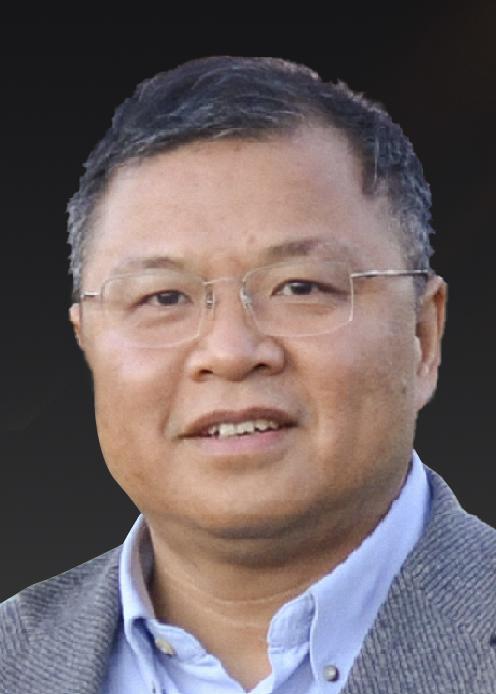
The late distinguished strategic scientist and geophysicist Huang Danian led over 1,000 scientists in creating numerous "firsts" in China, transforming the nation into one of the world's leaders in developing deep-Earth exploration equipment.(Photo provided to chinadaily.com.cn)
During the seven years he spent in China after returning from the United Kingdom, the late distinguished strategic scientist and geophysicist Huang Danian led over 1,000 scientists in creating numerous "firsts" in China, transforming the nation into one of the world's leaders in developing deep-Earth exploration equipment.
Dubbed the "Mad Professor", Huang, who returned to China in 2009, died due to illness in early 2017 at age 58. He was posthumously awarded the national honorary title of People's Educator ahead of the 75th anniversary of the founding of the People's Republic of China.
"Professor Huang helped scientists overcome difficulties and urged them to work day and night to meet the country's needs for deep-Earth exploration," said Ma Guoqing, professor at the School of Earth Exploration Science and Technology at Jilin University. "His efforts rapidly narrowed the gap with foreign countries and led to the development of deep-Earth exploration equipment and technology with independent intellectual property rights."
The technology, which has been employed by nations worldwide, is used not only to detect underground resources on land, but also to scan areas deep beneath the sea.
Born in 1958, Huang became a teacher after graduating from what was then known as the Changchun Institute of Geology in Jilin province. In 1992, he received a scholarship to study for his doctorate at the University of Leeds in the UK.
Upon earning his doctorate, Huang joined renowned geophysics company ARKeX in Cambridge at age 38, leading a team of scientists to make breakthroughs in key Earth exploration technology. Huang quickly made a name for himself in the industry.
In 2008, Huang received an invitation from Liu Cai, then dean of the School of Geosciences at Jilin University, to come back to China to work. Though it was hard to leave his colleagues in the UK, he decided to sell his house and property in Cambridge, and he and his wife returned to their homeland.
In December 2009, Huang returned to Changchun, where he became a professor and doctoral supervisor at the School of Earth Exploration Science and Technology at Jilin University. Ma said that Huang had been working tirelessly upon his return to China.
In the winter of 2014, the results of one of his projects exceeded the assessment criteria as it was nearing completion, but Huang looked pensive as he perused them.
"I asked him why he was furrowing his brow when the project was about to end, thinking it should be a happy moment," Ma recalled. "He said he was pondering two questions: how to better present everyone's achievements and how we could plan the next steps around the actual needs of the country."
During Huang's seven years at Jilin University, he also served as president of the university's European and American Alumni Association, often organizing exchange activities for Chinese scientists returning from overseas.
At the 100th anniversary celebration of the European and American Alumni Association in 2013, tears welled in Huang's eyes as he and his wife listened to patriotic songs such as I Love You, China and Motherland, My Kind Mother.
"Please understand, overseas experts like us who spend years abroad have a deep, deep love for the motherland. Our country needs us, and I must return no matter what," he said then.
As the chief scientist of the national deep exploration equipment research and development program, he undertook nine major projects, making significant contributions to the scientific progress of China.
After Huang's death, he was awarded numerous honors, including Role Model of the Times and the National May 1 Labor Medal. In 2017, President Xi Jinping asked society to learn from Huang, who devoted his life to national prosperity and the well-being of the people.














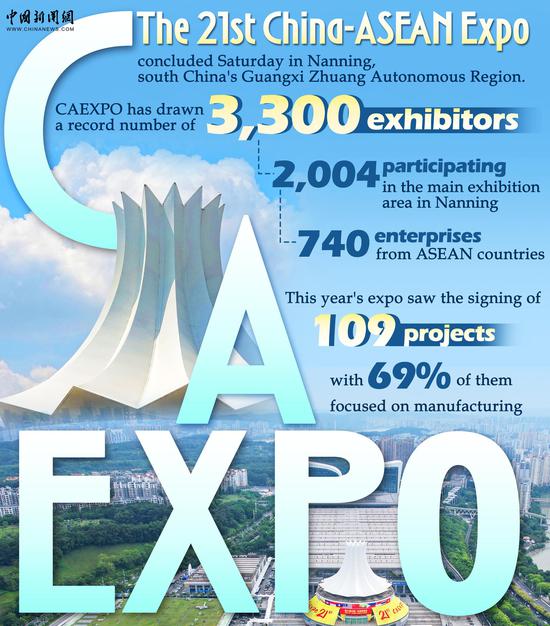
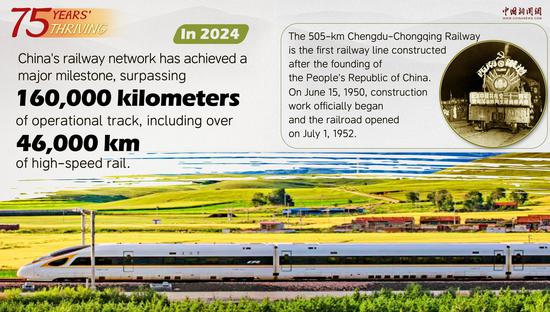
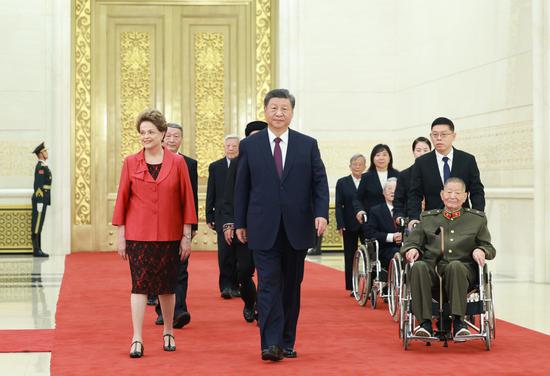


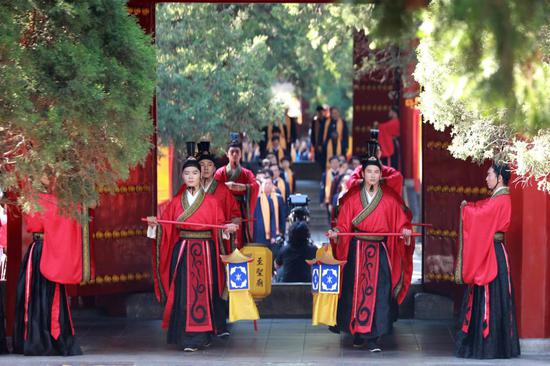



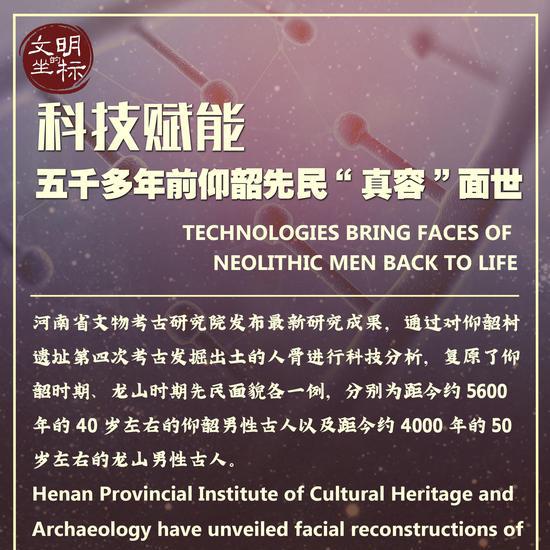
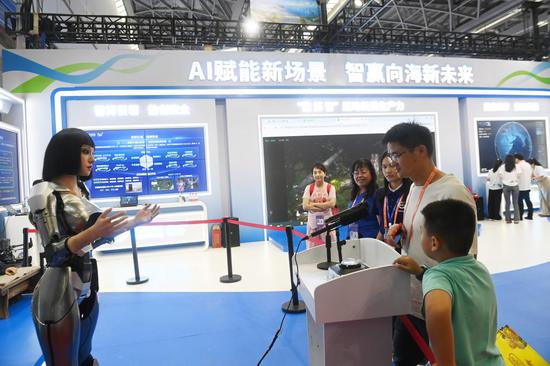
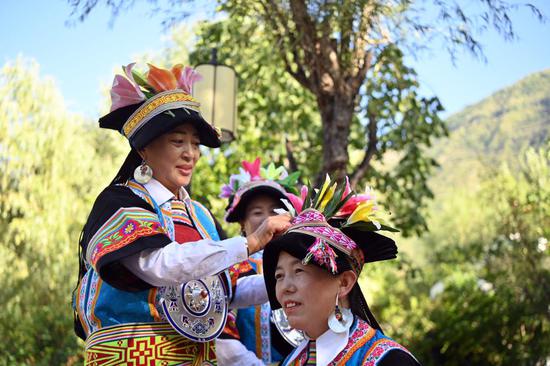
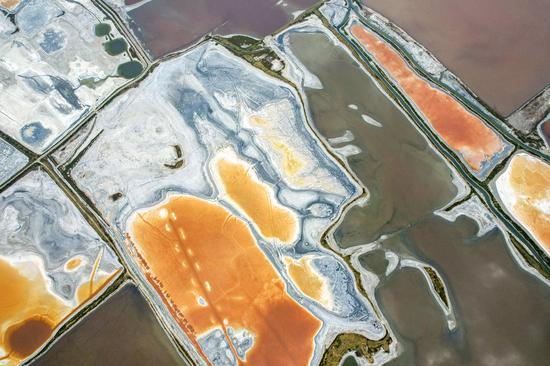





















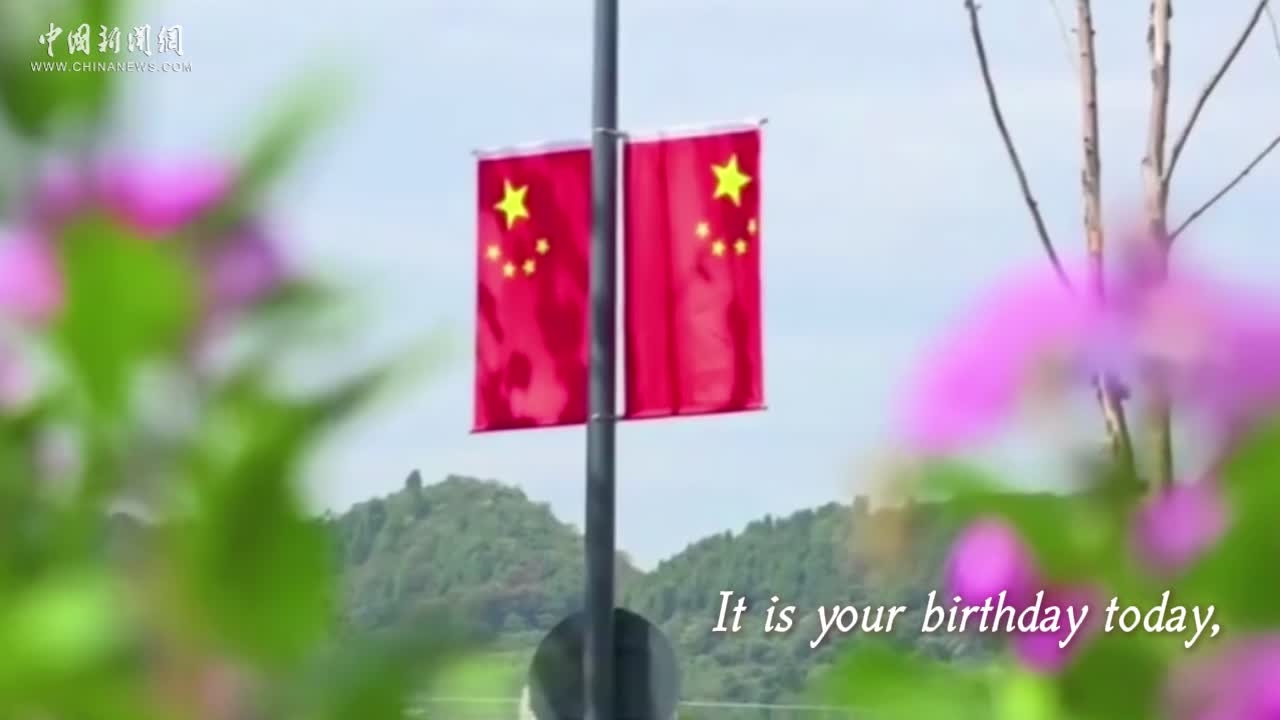

 京公网安备 11010202009201号
京公网安备 11010202009201号